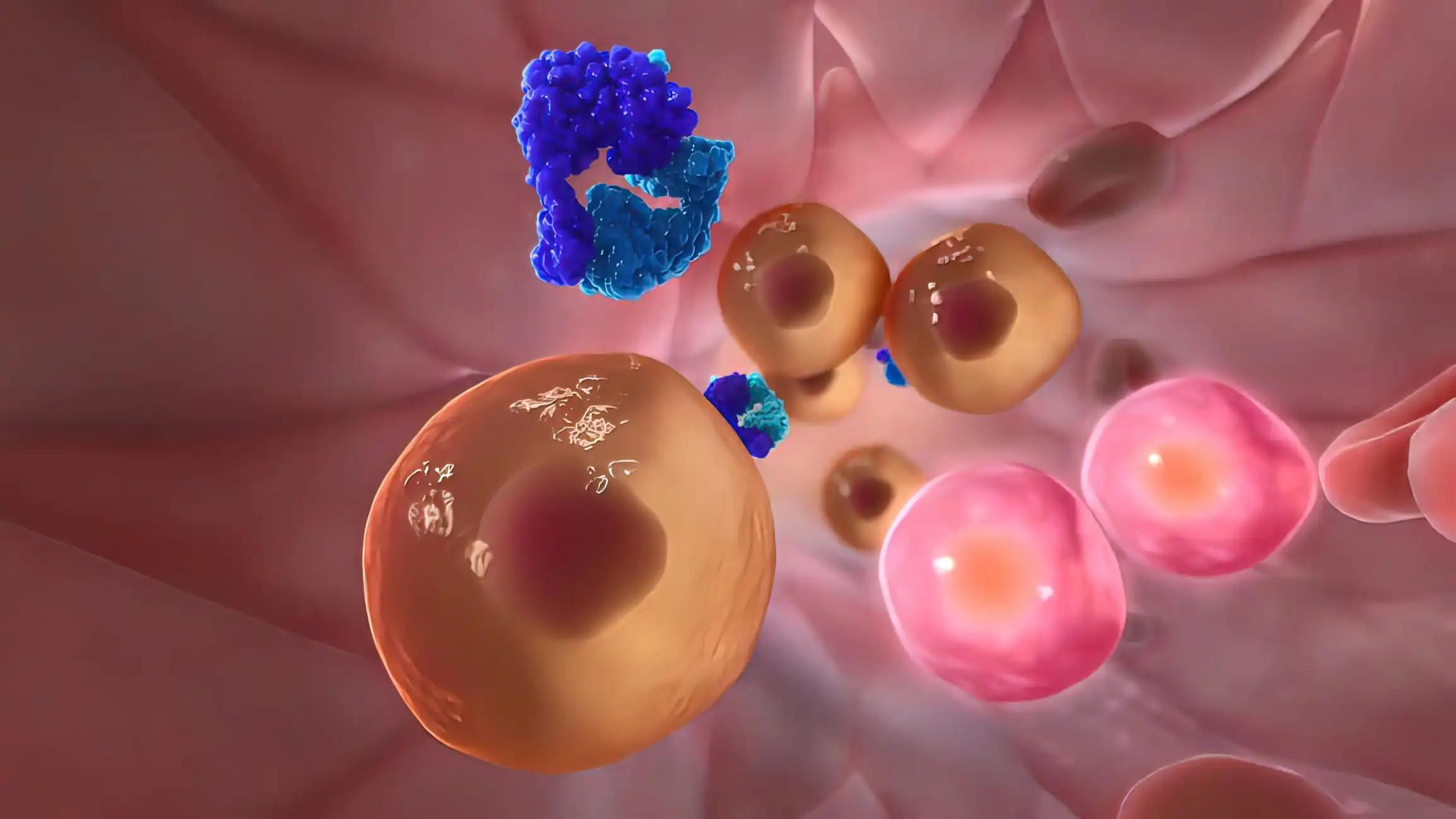KEY TAKEAWAYS
- The study aimed to investigate the prognostic value of the 17-gene Genomic Prostate Score (GPS) test in patients with prostate cancer.
- Researchers noticed that a higher 17-gene GPS reliably predicts prostate cancer outcomes; further investigation is ongoing.
The 17-gene Genomic Prostate Score (GPS) test is increasingly utilized in clinical settings to forecast adverse prognoses in prostate cancer cases. Against this backdrop, our meta-analysis sought to scrutinize the prognostic utility of the 17-gene GPS in individuals diagnosed with prostate cancer.
Feilun Cui and the team aimed to assess the correlation between the 17-gene GPS and prognostic outcomes in patients with prostate cancer.
They performed an inclusive analysis by retrieving potentially relevant studies from PubMed, Web of Science, and Embase databases from their inception to December 1, 2023. Eligible studies assessed the association of the 17-gene GPS with distant metastases, biochemical recurrence, or prostate cancer-specific mortality (PCSM) in patients with prostate cancer.
The prognostic value was estimated by pooling the adjusted hazard ratio (HR) with 95% confidence intervals (CI) for the high versus low GPS group or per 20-unit increase in GPS.
About 7 cohort studies, incorporating data from eight articles and comprising 1,962 patients, met the eligibility criteria. Meta-analysis revealed that per 20-unit increase in GPS was significantly associated with distant metastases (HR 2.99; 95% CI 1.97-4.53), biochemical recurrence (HR 2.18; 95% CI 1.64-2.89), and PCSM (HR 3.14; 95% CI 1.86-5.30).
Additionally, patients with high GPS (> 40 points) had an increased risk of distant metastases (HR 5.22; 95% CI 3.72-7.31), biochemical recurrence (HR 4.41; 95% CI 2.29-8.49), and PCSM (HR 3.81; 95% CI 1.74-8.33) compared to those with low GPS (≤ 40 points).
The study concluded that a higher 17-gene GPS reliably predicts distant metastases, biochemical recurrence, and PCSM in men with clinically localized prostate cancer. Nevertheless, further validation through large-scale multicenter prospective studies is essential to solidify these findings.
This study is supported by the Provincial Natural Science Foundation Project of Jiangsu Province of China, the Social Development Plan of Jiangsu Province-Standardization of Key Disease Diagnosis and Treatment Project, and the Key projects of the Jiangsu Provincial Health Commission.
Source: https://pubmed.ncbi.nlm.nih.gov/38783246/
Cui F, Tang X, Man C, et al. (2024). “Prognostic value of 17-Gene genomic prostate score in patients with clinically localized prostate cancer: a meta-analysis.” BMC Cancer. 2024 May 23;24(1):628. doi: 10.1186/s12885-024-12389-1. PMID: 38783246; PMCID: PMC11112896.



